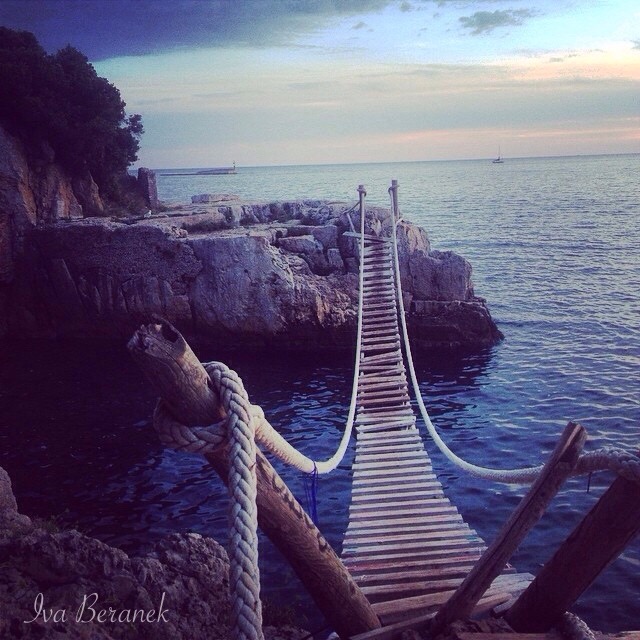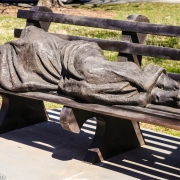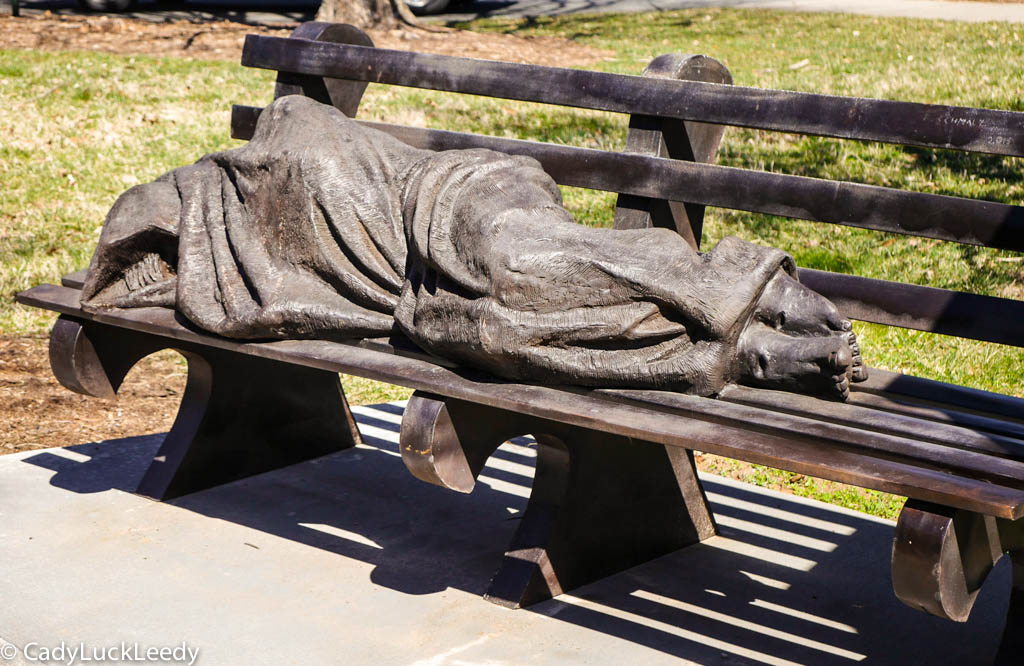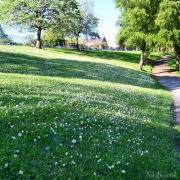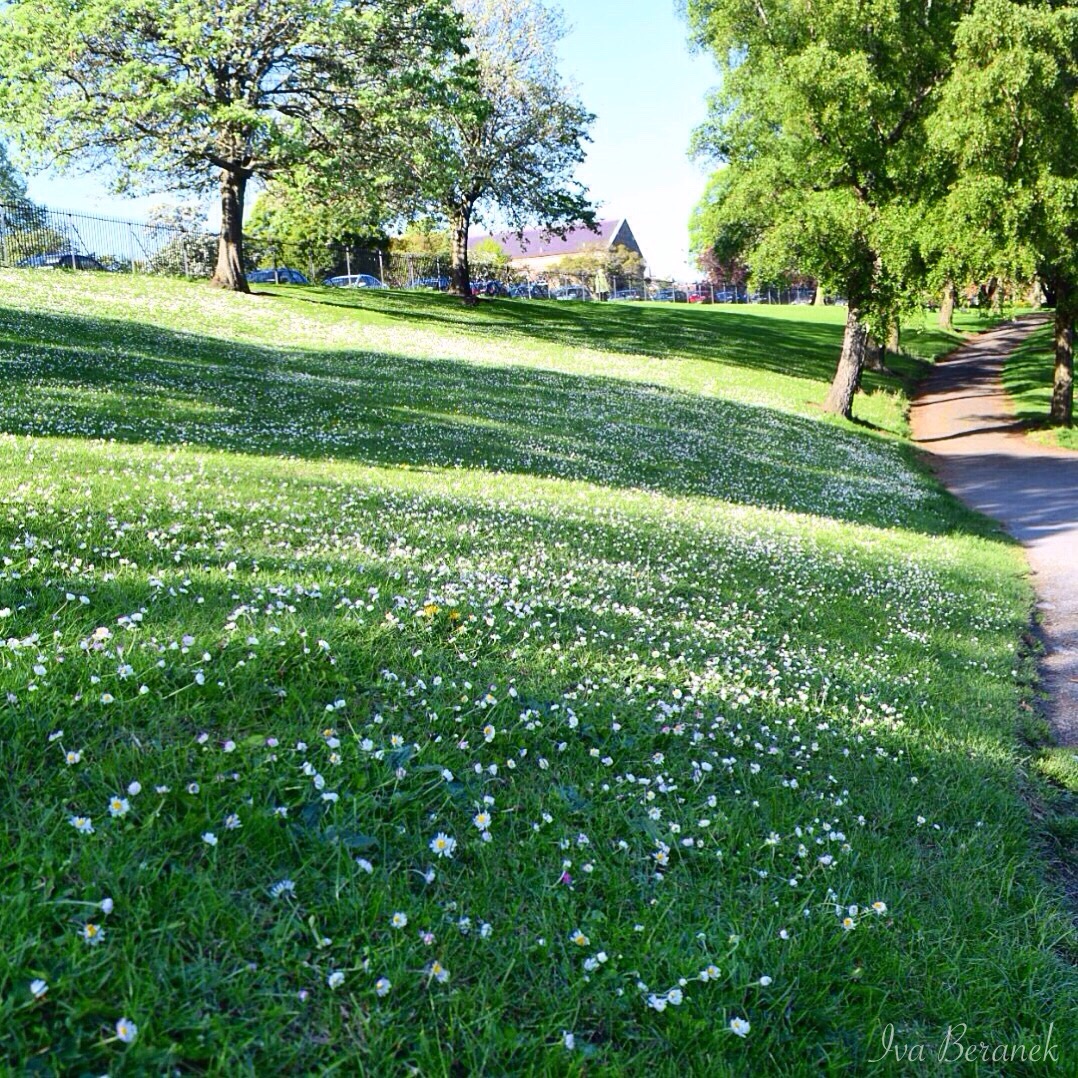Reconciliation is a work of healing
Reconciliation is one of those big words that can sometimes overwhelm us and we think it is always alluding to something ‘big’, like reconciliation between the countries or groups of people, but when we unmask it we realise it is a part of our everyday reality. Simply by being human we rub off each other, not always intentionally, and relationships often need to be restored over and over again. Sometimes that is also the way we grow, through interaction with others. Most commonly reconciliation means ‘restoring broken relationships’.
While there is this external reality of befriending those around us, there is also an inner reality of befriending the estranged parts of our inner being, and when we manage to embark on this inner journey, healing comes ever-so-gradually. There is a reality of ‘interior reconciliation’, which in a way helps us integrate different facets of our existence; our strengths and weaknesses, our past, our hurts, our faith, questions, doubts, desires, everything that we are. This enables us to approach other people with more understanding and compassion.
Rev. Ruth Patterson says that “the biggest peace-making journey we will make is within ourselves”. It will entail bringing God’s love and peace to the so-called exiled parts of our inner being, to those areas where we are not at ease, where we know we lack love. Other times we will be invited to bring God’s love to the cracks that sometimes exist between us and other people, in order to heal them and to reconcile. It is almost like finding a precious nard that God put in our inner being, a healing balm of God’s presence, which we can now extend to the whole of our existence, and to those we encounter in our everyday life.
Iva Beranek
Dr Iva Beranek is the Ministry Facilitator for the CMH: Ireland


